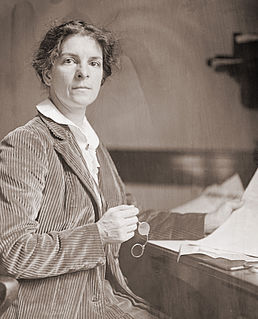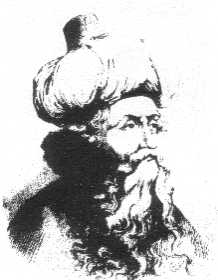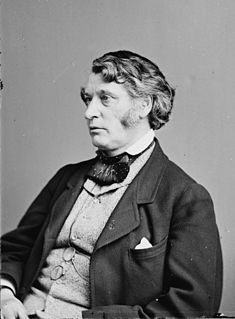A Quote by Thomas a Kempis
He who knows himself well is mean and abject in his own sight, and takes no delight in the vain praise of men.
Related Quotes
Not selfishness, but precisely the absence of a self. Look at them. The man who cheats and lies, but preserves a respectable front. He knows himself to be dishonest, but others think he’s honest and he derives his self-respect from that, second-hand. The man who takes credit for an achievement which is not his own. He knows himself to be mediocre, but he’s great in the eyes of others.
Freedom of Will-that is the expression for the complex state of delight of the person exercising volition, who commands and at the same time identifies himself with the executor of the order-who, as such, enjoys also the triumph over obstacles, but thinks within himself that it was really his own will that overcame them. In this way the person exercising volition adds the feelings of delight of his successful executive instruments, the useful underwills or under-souls-indeed, our body is but a social structure composed of many souls-to his feelings of delight as commander.
The soul of the just man is but a paradise, in which, God tells us, He takes His delight. What do you imagine, must that dwelling be in which a King so mighty, so wise, and so pure, containing in Himself all good, can delight to rest? Nothing can be compared to the great beauty and capabilities of a soul; however keen our intellects may be, they are as unable to comprehend them as to comprehend God, for, as He told us, He created us in his own image and likeness.
When the father dies, he writes, the son becomes his own father and his own son. He looks at is son and sees himself in the face of the boy. He imagines what the boy sees when he looks at him and finds himself becoming his own father. Inexplicably, he is moved by this. It is not just the sight of the boy that moves him, not even the thought of standing inside his father, but what he sees in the boy of his own vanished past. It is a nostalgia for his own life that he feels, perhaps, a memory of his own boyhood as a son to his father.
It is true that the path of human destiny cannot but appal him who surveys a section of it. But he will do well to keep his small personal commentarie to himself, as one does at the sight of the sea or of majestic mountains, unless he knows himself to be called and gifted to give them expression in artistic or prophetic form. In most other cases, the voluminous talk about intuition does nothing but conceal a lack of perspective toward the object, which merits the same judgement as a similar lack of perspective toward men.
Do not praise your own faith exclusively so that you disbelieve all the rest. If you do this you will miss much good. Nay, you will miss the whole truth of the matter. God, the Omniscient and the Omnipresent, cannot be confined to any one creed, for He says in the Quran, wheresoever ye turn, there is the face of Allah. Everybody praises what he knows. His God is his own creature, and in praising it, he praises himself. Which he would not do if he were just, for his dislike is based on ignorance.
A person is strong only when he stands upon his own truth, when he speaks and acts with his deepest convictions. Then, whatever the situation he may be in, he always knows what he must say and do. He may fall, but he cannot bring shame upon himself or his cause. If we seek the liberation of the people by means of a lie, we will surely grow confused, go astray, and loose sight of our objective, and if we have any influence at all on the people we will lead them astray as well - in other words, we will be acting in the spirit of reaction and to its benefit.
If God wishes to be born as man and to unite mankind in the fellowship of the Holy Ghost, He suffers the terrible torment of having to bear the world in its reality. It is a crux; indeed, He Himself is His own cross. The world is God's suffering, and every individual human being who wishes even to approach his own wholeness knows very well that this means bearing his own cross. But the eternal promise for him who bears his own cross is the Paraclete.
The Senator from South Carolina has read many books of chivalry, and believes himself a chivalrous knight, with sentiments of honor and courage. Of course he has chosen a mistress to whom he has made his vows, and who, though ugly to others, is always lovely to him; though polluted in the sight of the world, is chaste in his sight I mean the harlot, Slavery. For her, his tongue is always profuse in words.
And what the people but a herd confus'd,
A miscellaneous rabble, who extol
Things vulgar, and, well weigh'd, scarce worth the praise?
They praise, and they admire, they know not what;
And know not whom, but as one leads the other;
And what delight to be by such extoll'd,
To live upon their tongues, and be their talk,
Of whom to be disprais'd were no small praise?
Well could he ride, and often men would say, "That horse his mettle from his rider takes: Proud of subjection, noble by the sway, What rounds, what bounds, what course, what stop he makes!" And controversy hence a question takes, Whether the horse by him became his deed, Or he his manage by the well-doing steed.






































